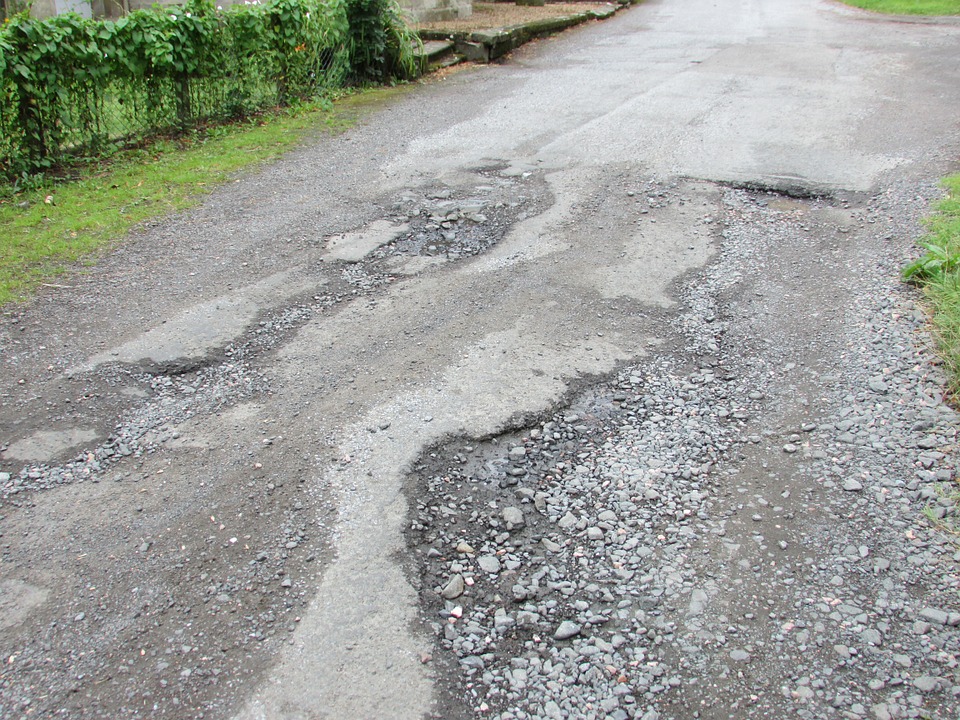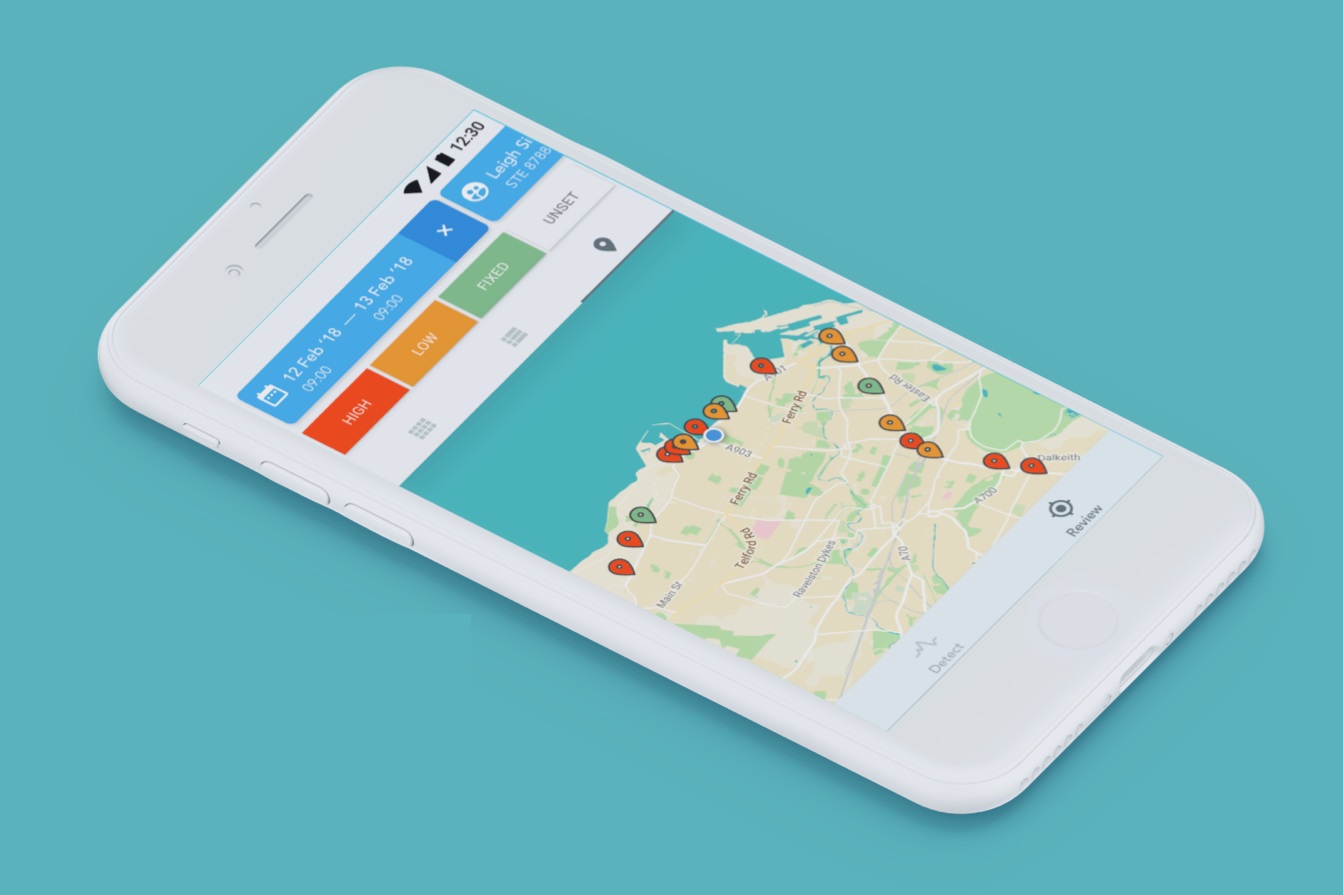And finally… New app aims to predict potholes before they happen
A collaborative project between Road Intelligence Ltd, Construction Scotland Innovation Centre (CSIC) and the University of Edinburgh could lead to an app that predicts potholes before they occur.
Currently, the majority of potholes have to be detected manually by foot or vehicular patrols, or simply by awaiting complaints from the public. This is costly and inefficient for roads authorities and unsafe for drivers.

The new road defect detection system developed during this project will use data collected via an accelerometer - which is already a standard part of most smartphones - to reliably identify and characterise road defects using know how developed in earthquake seismology. As well as identifying potholes and displaying their location on a web portal, the system will also let road authorities know which minor road defects will soon develop into potholes, allowing them to act before they occur.
The project involved a combination of machine-based learning and data science techniques which were developed to quickly analyse the ‘carquakes’ collected by the phones.
The lead partner on the project, Road Intelligence Ltd is a new spin-out company of xDesign Ltd, an app development firm. The project, funded by CSIC, has been developed on the back of a successful research and development project between xDesign and Transport Scotland, which was supported by the Scottish Government’s CivTech Programme.
Road Intelligence Ltd will now focus on developing and commercialising the road defect detection system, with the aim of creating mobile apps that detect road defects and predict potholes.

Alan Bird, project manager at Road Intelligence Ltd, said: “Our aim is to create apps which will save the public purse significant sums of money by reducing the need for manual inspection of road defects, reducing the amount paid out in pothole damage claims, and providing a ‘live’ road condition report. We are delighted that this collaboration with CSIC and University of Edinburgh has been so successful. We are now talking to two local authorities who want to use the beta product which we expect to be market-ready early in 2019. We hope their experience will allow us to explore the system’s full potential.
“Our initial investigations into international markets suggest significant interest in this new technology, which is great news for the future of the company. We expect it to increase our revenue by £5m over the next five years, allowing us to create 25 high value jobs over the same timeframe.
“The close integration between academic and company team members has been an entirely positive experience for us, opening our eyes to potential future collaborations.”
Brenda Joyce, project manager at the Construction Scotland Innovation Centre, said: “The project has been extremely successful in bringing together industry and academic partners to achieve results which were beyond both their expectations in terms of developing ideas and stimulating future plans for further development and an ongoing relationship.”
Ian Main from the University of Edinburgh School of Geosciences said: “This was a very rewarding experience, with interesting and novel results – we had never worked with data from moving sensors before, or moved so quickly from research to a practical application. Looking forward, we expect to be able to use some of the scientific findings in other applications in the construction sector on static structures, for example in earthquake resistant design, as well as to hone the techniques established to date.”
Rob Baxter from EPCC, the University’s supercomputing and big data centre, said: “Working with Road Intelligence was a terrific opportunity for us to hone our data engineering skills on the behind-the-app ‘data plumbing’. It’s very exciting to see this move from concept to live application in such a short space of time, and is a brilliant example of the kind of collaboration we’ll soon see more of under the Edinburgh and South-East Scotland City Region Deal.”





















